How Many Minutes in a Soccer Game? A Complete Breakdown of Match Duration
If you’ve ever watched a soccer game and found yourself asking, “How long is a soccer match?” you’re not alone. Whether you’re a die-hard fan or just tuning in for a casual game, understanding the structure of a soccer match can significantly enhance your viewing experience. Soccer isn’t just about goals, tackles, and celebrations—it’s also about the rhythm of the game, which is determined by its duration.
In this article, we will break down the timing of a soccer match, explain the various stages that affect its length, and help you get a clearer picture of how long a soccer match really lasts. From regulation time to stoppage and extra time, here’s everything you need to know about the duration of a soccer game.
What Is the Standard Duration of a Soccer Match?
At its core, a soccer game is made up of 90 minutes of play. This time is divided into two halves of 45 minutes each, with a 15-minute halftime break in between.
Regulation Time: The 90 Minutes
A soccer match typically follows a set structure:
- First half: 45 minutes
- Second half: 45 minutes
- Halftime: 15 minutes of rest
During the two halves, the clock runs continuously, which means the referee will add time at the end of each half to compensate for stoppages, such as injuries or delays in the game.
While the game’s official duration is set at 90 minutes, the flow of play is not always that simple. Various factors, such as injuries, substitutions, and referee decisions, can all influence how long the game lasts. However, it’s important to note that these 90 minutes form the foundation of every match.
The Role of Stoppage Time in Soccer
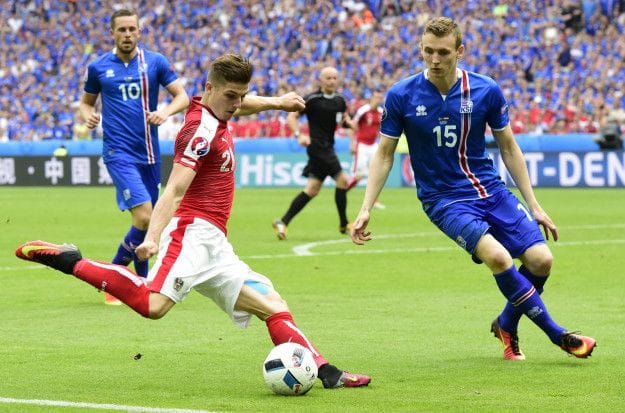
If you’ve ever watched a game and wondered why the referee holds up a sign indicating “4 minutes” at the end of the first half, you’ve encountered stoppage time.
Stoppage time, also known as injury time, accounts for any time lost during the match due to factors like:
- Player injuries
- Substitutions
- Time-wasting (like a goalkeeper taking too long to take a goal kick)
- Other delays, such as the ball going out of bounds repeatedly
While the clock keeps ticking throughout the match, the referee adds stoppage time at the end of each half to ensure that each team gets a fair 45 minutes of play.
How Is Stoppage Time Calculated?
The amount of stoppage time is not fixed. Referees use their discretion to assess the time lost during the match, and that added time is typically communicated just before the half ends. On average, you might see between 1 and 5 minutes of stoppage time per half, but it can vary depending on the nature of the game.
Common Factors for Stoppage Time:
- Injuries: Serious injuries, like a player needing medical attention, will lead to more stoppage time.
- Substitutions: Each substitution stops the game for a brief moment and may contribute to the added time.
- Time-wasting: Delays in restarting play, like the goalkeeper holding the ball too long, can result in additional time.
Extra Time: What Happens When Regulation Isn’t Enough?
In some competitions, a match may end in a draw after the 90 minutes of regulation time. This is especially common in knockout-stage tournaments, such as the World Cup, where a winner must be determined. If the match is tied after the regular 90 minutes, the game enters extra time.
What Is Extra Time?
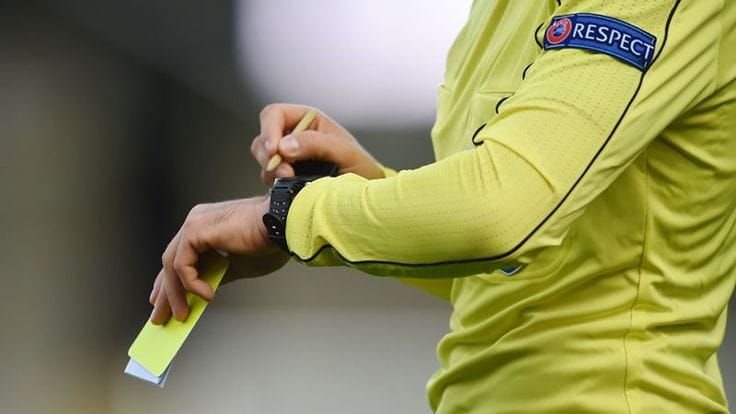
Extra time consists of two 15-minute halves, totaling 30 minutes of additional play. It’s important to note that extra time is only used in specific situations, like during a knockout match in a tournament. If the score remains tied after this 30-minute extension, the game moves to a penalty shootout.
In extra time, there’s no halftime break, although there is a brief interval between the two halves. Extra time is an exciting and intense part of the game, especially when both teams are battling for the win.
Penalty Shootout: The Final Decider
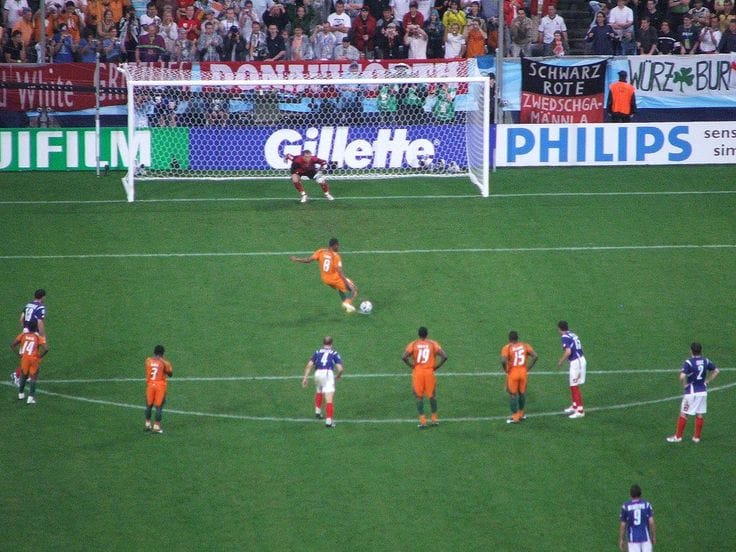
In the event that the score is still tied after extra time, penalty shootouts are used to determine the winner. A penalty shootout is a nerve-wracking and thrilling conclusion to a soccer match, where each team alternates taking shots from the penalty mark.
How Penalty Shootouts Work
- Five kicks per team: Each team takes 5 penalty shots.
- If the score is still tied after the initial round, the shootout continues in sudden death format, where teams alternate until one scores while the other misses.
Typically, penalty shootouts take 5 to 10 minutes, depending on how many kicks are needed to decide the winner.
Factors That Can Influence the Duration of a Soccer Match
A variety of external factors can influence how long a soccer match lasts. While 90 minutes of play is standard, the following elements may extend the game beyond the official duration.
Referee’s Discretion
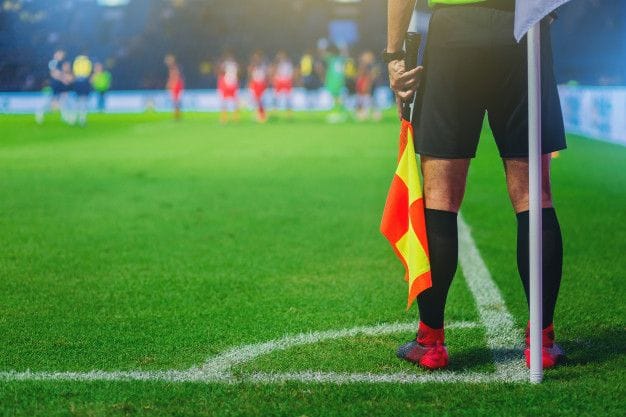
The referee has the authority to add extra time for various delays, including disputes, injuries, or time-wasting. If the match is particularly heated, the referee may add more time to ensure fair play.
Weather Interruptions
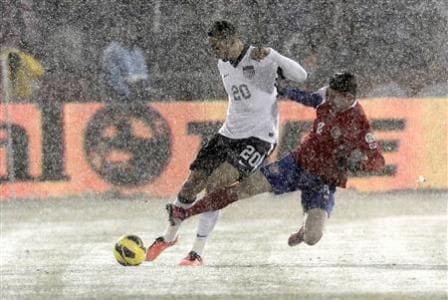
Inclement weather, such as rain or snow, can delay a match. If the conditions become unsafe, the match may be temporarily suspended. Once the game resumes, the referee may add time to account for the delay.
Player Injuries
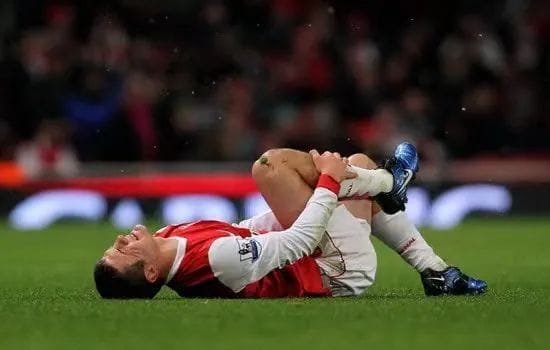
Injuries, especially serious ones, can lead to significant stoppage time. If a player is seriously injured and requires medical attention, the referee will add time to ensure that the match is played fairly.
Why Is Understanding Match Duration Important?
Understanding the duration of a soccer match isn’t just for hardcore fans. Knowing how long the match lasts can help you enjoy the game in several ways:
- Managing your time: If you have other plans, you’ll know when to expect the match to end.
- Enhancing your viewing experience: Anticipating stoppage and extra time can add excitement and help you follow the game more closely.
- Improving your strategy: Coaches and players rely on knowledge of match duration to manage tactics, substitutions, and time management.
Conclusion:
Now You’re Ready to Watch With Confidence
Now that you know how many minutes in a soccer game lasts and how various factors can extend or shorten its duration, you’re ready to watch the next match with a new perspective. From the regular 90 minutes to the thrilling extra time and penalty shootouts, every minute of a soccer match is packed with excitement and anticipation. Whether you’re a lifelong fan or new to the sport, understanding the game’s timing helps you engage with every pass, every goal, and every second of the match.
Ready to dive deeper into the world of soccer? Stay tuned for more articles and insights, and never miss a moment of the action!
Frequently Asked Questions (FAQ)
1. How long is a soccer game including stoppage time?
A soccer game typically lasts 90 minutes of regulation time, plus stoppage time added at the referee’s discretion, which can range from 1 to 5 minutes per half.
2. Does extra time count towards the regular match duration?
No, extra time is not part of the regular match duration. It consists of two 15-minute halves and is only used in certain knockout competitions.
3. What determines stoppage time in a soccer game?
Stoppage time is determined by the referee and accounts for time lost due to injuries, substitutions, and delays in the game.
4. Is a soccer match ever shorter than 90 minutes?
Although the official match time is 90 minutes, it can feel shorter or longer due to stoppage time, injuries, or weather interruptions. However, the match itself remains 90 minutes of play.